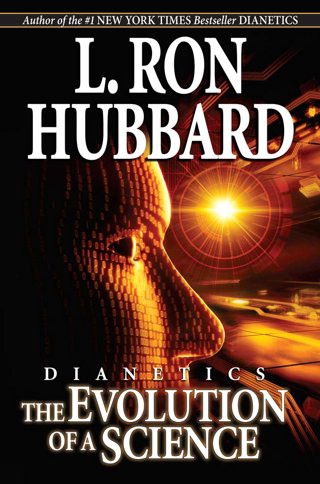Dianetics Fundamentals Explained
Dianetics Fundamentals Explained
Blog Article
Dianetics Fundamentals Explained
Table of ContentsThe Only Guide for Dianetics6 Simple Techniques For DianeticsLittle Known Questions About Dianetics.A Biased View of Dianetics
I could not ever not intend to obtain anything that comes to mind for you- if it was or else, I wouldn't be sitting here with you, doing this. I not only can never have an issue, or otherwise desire to listen to something that comes to mind for you, but I'm completely anxious to know every concept, every idea, every picture or sensation that arises or materializes for you- don't ever before assume otherwise, and if for some reason you do, please simply allow me understand! Often, you may have a thought, and picture, idea or event pop up that does not seem to answer the concern, or associate with it, however nonetheless, constantly do inform me concerning it, and as we continue, the significance will arise for you.This is intrinsic in the basis of handling, and the subject of this discussion: the fundamental roles of the counselor and the client: The basic duty of the therapist is, in contrast to "common training", not to control, which means to apply and/or inhibit, yet to rather work from the basis of EMPOWERING THE CUSTOMER.

The smart Trick of Dianetics That Nobody is Talking About
John Mcmasters shared this fundamental truth splendidly well in among his talks on Power processing, where he clarifies exactly how he was asked what this "unique flair" was that he had for providing such excellent sessions; he needed to think concerning that for a minute, and found that it was what he wasn't doing, along with what he was doing: he had not been examining, evaluating, computer, or actually, generating any kind of thoughts, not to mention verbal expressions, after giving the command and while waiting for the PC to finish their solution to their satisfaction; he was, simply and just, being present with the PC, and entirely interested.
The duty of the therapist, showed; that was his "special knack". I have had my very own experience which educated me this well, extremely early in the video game. In 1982, having recently completed my training and teaching fellowship on New Period Dianetics, I was running this on a COMPUTER, and there was a point in the session where (being a bit wet behind the ears not yet having many hours under my belt as an expert auditor) the PC seemed to be "taking too long" to express anything verbally after I offered him a command.
This secret ended up being one of the most beneficial payment that John ever before made to the subject of therapy or bookkeeping (Dianetics). In my simple viewpoint, it is the best contribution that anybody has ever before made to these subjectsthe application is totally non-judgemental, non-evaluative, and devoid of any recommendation, advice or opinion.no preconditioned schedule for people, anonymous or 'levels' that they need to do
In Scientology we prided ourselves on not reviewing for people. All that really indicated was that the auditor did not VERBALLY assess for the PC in session.
The 9-Second Trick For Dianetics

Any individual who had ever before seen John audit can not aid find more yet notice a special top quality in his bookkeeping."The customer's fundamental duty is to be there with the objective of relocating the direction of their spiritual objectives, and to openly and completely share and experience whatever shows up for them in responding to the inquiries and executing the directions in the processing.
This is something to process as needed. Likewise, individuals regularly have prior experience and/or brainwashing in auditing/processing which, in some means, and to some levels, really misleads them into attitudes, concepts and actions patterns that stop the full understanding of these functions, and so they will certainly have a tendency to hinder the expressing of what comes to mind, as in the examples given over - Dianetics. * The very first, and maybe foremost instances of mis-indoctrination leading to much less than completely smooth and effective sessions, can be located in specific elements of the training routines, or "TR's":"TR's" are usually a person's initial, or at least early, experience in Scientology, and while I will certainly go on to describe what I see as the defects in principle and technique, nonetheless, have a tendency to be find more information significantly therapeutic, done as they are given (Hubbard insists that "TR's are not refining, they are educating", yet factually, they are both processing AND training)
Alan Walter made similar observations, and boosted on these with his "Visibility Processes". There is no "flunking", and no rejection of the truth of this being processing. The emphasis, as it should be, gets on experiencing the other individual's existence. All the manifestations which obtain a "fail" in doing "TR-0" are just the being's initiatives to resist the other individual's presence, and instead of being bothered and nagged with "Flunk", which enforces "failing!" on the being, one simply needs to be motivated to "stick their feet in the water a little much deeper", to increasingly rehabilitate their ability and desire to completely share and experience "being right here", or "presence", with others.
A Biased View of Dianetics

Report this page